Pro Patria —— A Latin Story for Beginners, Being a Sequel to 'Ora Maritima,' With Grammar and Exercises
-----
The idea on which my Ora Maritima and its sequel, the present volume, are based, is that an interesting narrative may be a better vehicle for teaching the elements of a language than a collection of isolated grammar sentences, provided that the interesting narrative is so constructed and graduated as to constitute in itself a basis for the systematic study of grammar. My object, then, has been to write a book which should not only appeal to the minds of pupils through the interest of its subject matter, but also form as complete a grammatical ladder as the driest of dry exercise books. Omne tulit punctum qui miscuit utile dulci.In carrying out this programme for Pro Patria I have adhered to the ideal which I set up for myself in Ora Maritima, that the Latin text should be 'classical in form, but modern in setting.' The scene is laid in a country house on the coast of Kent, and afterwards at Winchester, and the time of the action is the period from September 1899 to June 1900. I have thus been enabled to give unity of action to the two parts into which the narrative falls. The first part is taken up with a study of Roman Britain in connexion with a visit to Richborough Castle; the second with the Boer War, the first news of which arrives soon after the conclusion of the summer holidays. It is my hope that my young readers may find in the first part a more vivid picture of the condition of Britain under the Romans than is contained in most school histories of England; and in the treatment of the Boer War I have endeavoured to bring out its dramatic interest and heroic incidents. Party politics are, of course, kept out of view.
{{comment.content}}
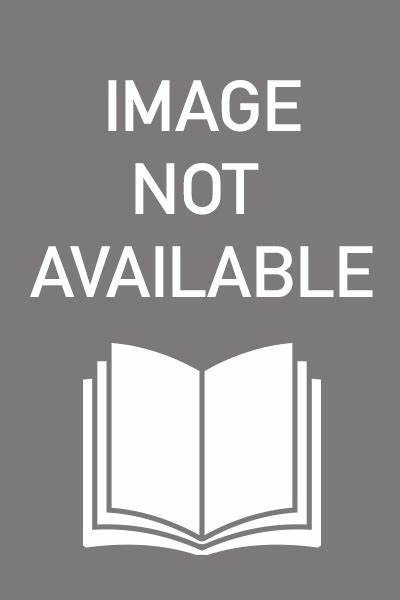
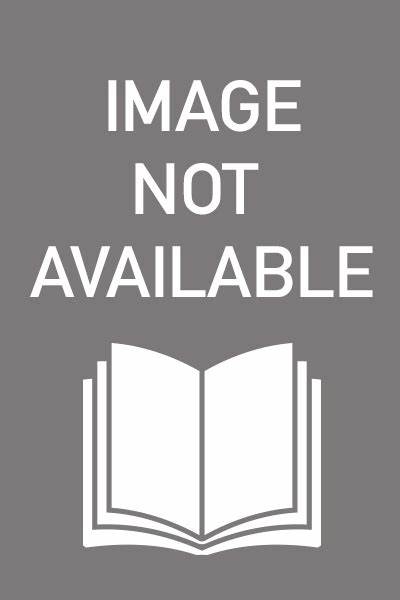

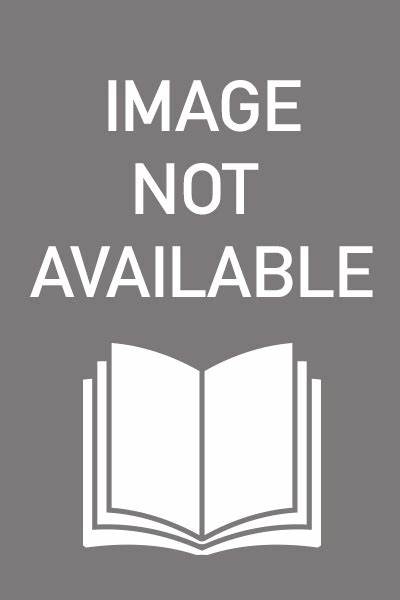
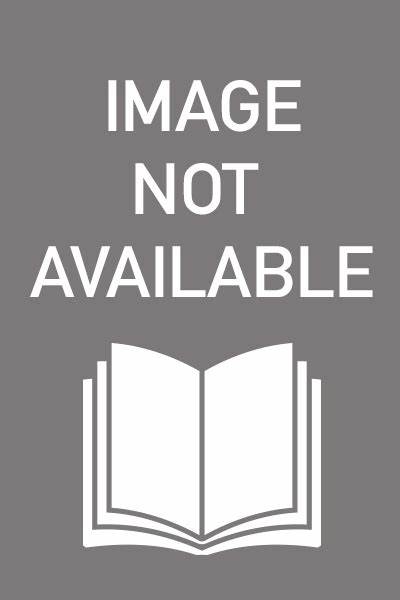
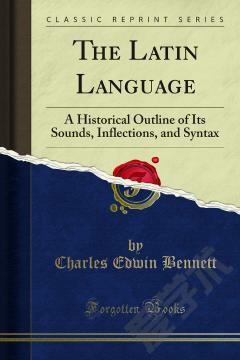


 京公网安备 11010802027623号
京公网安备 11010802027623号